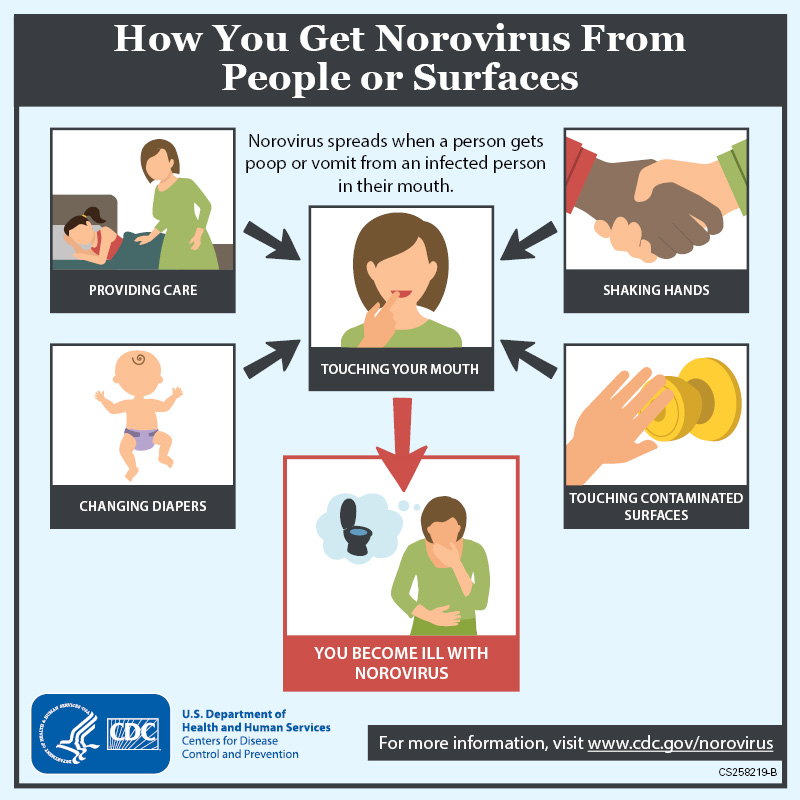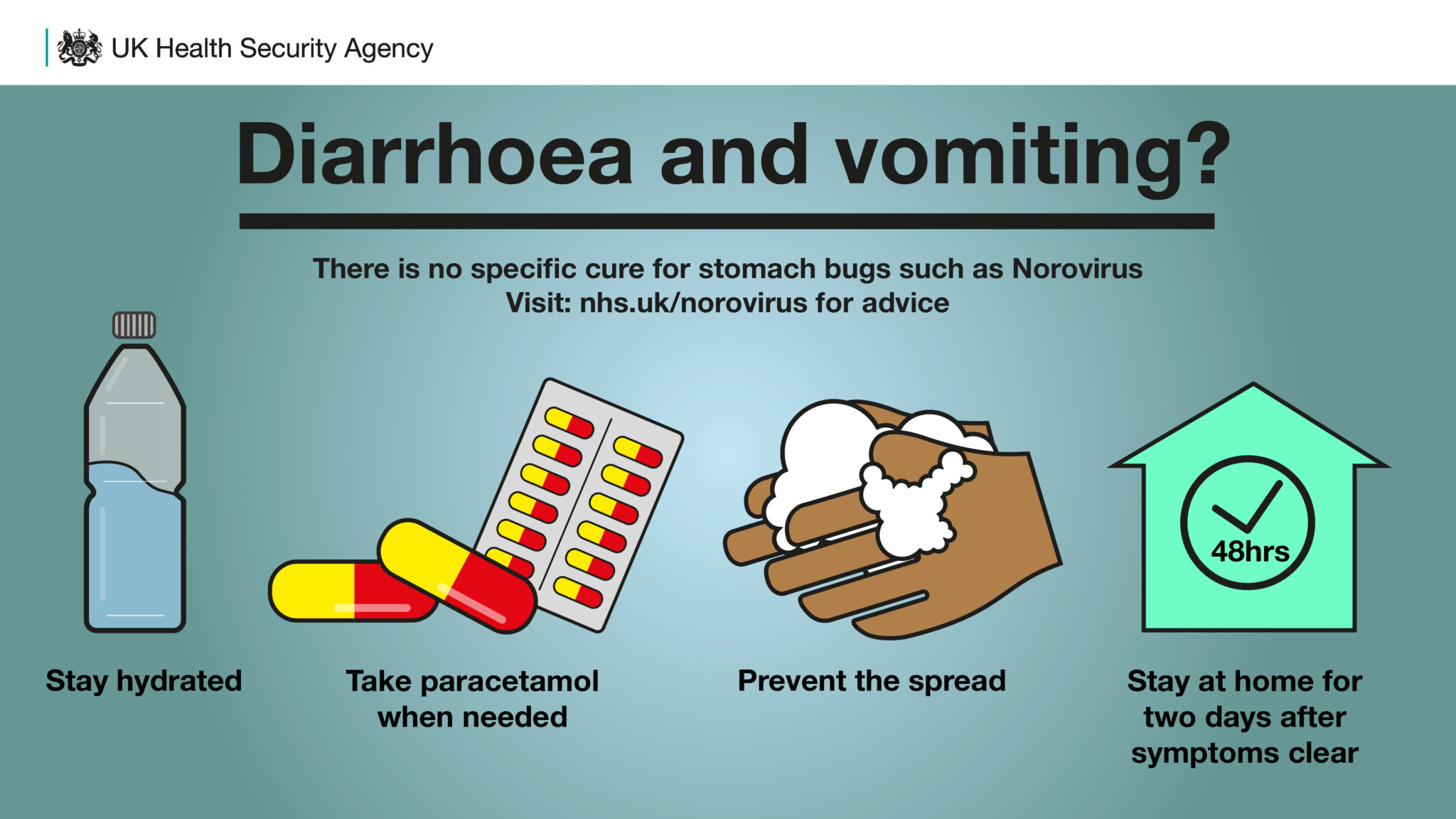
Norovirus, sometimes referred to as the “Winter vomiting bug,” has been making waves across the U.S., prompting concerns about its rapid spread and unpleasant symptoms.
It’s essential to understand its impact on the human body, how to shield yourself from it and what to do if you or a loved one does contract it.
Key Points
- Norovirus is highly contagious and spreads through contaminated food, water, surfaces, and direct contact.
- Symptoms develop rapidly and usually last 1 to 3 days and can cause dehydration.
- Prevention involves handwashing, disinfecting surfaces and following food safety practices.
What is Norovirus?
Norovirus is an infectious virus that leads to gastroenteritis, or inflammation of the stomach and intestines. You can experience vomiting, diarrhea, nausea and stomach pain.
Norovirus can be contracted by anyone and spread rapidly in closed settings like schools, nursing homes and cruise ships. It’s unpleasant, but most cases are not life-threatening, and it clears up in a few days.
How does Norovirus spread?

Image source: https://dhwblog.com/2018/01/16/washing-hands-often-can-ward-off-norovirus-the-winter-vomiting-bug/
There are many ways Norovirus can be transmitted so it is difficult to control during outbreaks. Some of the common causes are but not limited to:
- Contaminated food or water: Eating food or drinking beverages that are contaminated with the virus.
- Person-to-person contact: Direct contact with an infected person, such as caring for someone who is ill.
- Contaminated surfaces: Touching surfaces that the virus was on and then touching your mouth, eyes or face.
Symptoms and Duration
Symptoms typically begin 12 to 48 hours after exposure and may include:
- Vomiting
- Diarrhea
- Nausea
- Stomach cramps
In some cases, Fever, chills, and body aches.
Most people recover in 1 to 3 days, but the illness can be more severe in young children, older adults and people with weakened immune systems.
Dehydration is the greatest complication, so staying hydrated is crucial to recovery.
How can you protect Yourself?
To avoid Norovirus, good hygiene and safe food practices are needed. A few pointers to lower your risk:
- Wash your hands frequently: Wash with soap and water for at least 20 seconds, especially after using the bathroom or before eating. You’re less protected by hand sanitizers against norovirus.
- Disinfect surfaces: Clean surfaces where people may be exposed using bleach-based cleaners, especially in common areas.
- Practice safe food handling: Wash fruits and vegetables, cook seafood and meat thoroughly, and don’t prepare food for others when you’re not feeling well.
- Isolate if needed: If someone living in your home is infected, avoid close contact and practice strict hygiene.
Treatment and Recovery

Image source: https://ukhsa.blog.gov.uk/2022/11/17/norovirus-what-to-do-if-you-catch-it-and-helping-to-stop-the-spread/
There’s no specific medication for norovirus. There are no specific treatments, but symptoms are managed, and dehydration is prevented. Here’s how:
- Maintain hydration: It is important to consume water, oral rehydration solution, or clear broths to restore fluids and electrolytes.
- Rest: If you are recovering, give your body time to recover and stay away from vigorous activities.
- OTC treatments: There are a few medicines you can pick up without a prescription to help treat nausea or diarrhea, such as acetaminophen, Imodium or Bismuth Subsalicylate, but consult your doctor first.
If symptoms are severe, especially for those who are vulnerable, get medical care right away. Don’t ignore signs of dehydration, like dry mouth, dizziness or decreased urination.
References
For inquiries about prescription medications, contact our team at Jason’s CanadaDrugstore.com by calling 1-800-226 3784 (CAN-DRUG) for assistance from our patient representatives or a licensed Canadian pharmacist.
This article provides medical information to help understand a condition or treatment plan but is not a diagnosis or treatment recommendation. Contact your doctor if you have concerns or symptoms. In case of emergency, call 911.
Leave a Reply